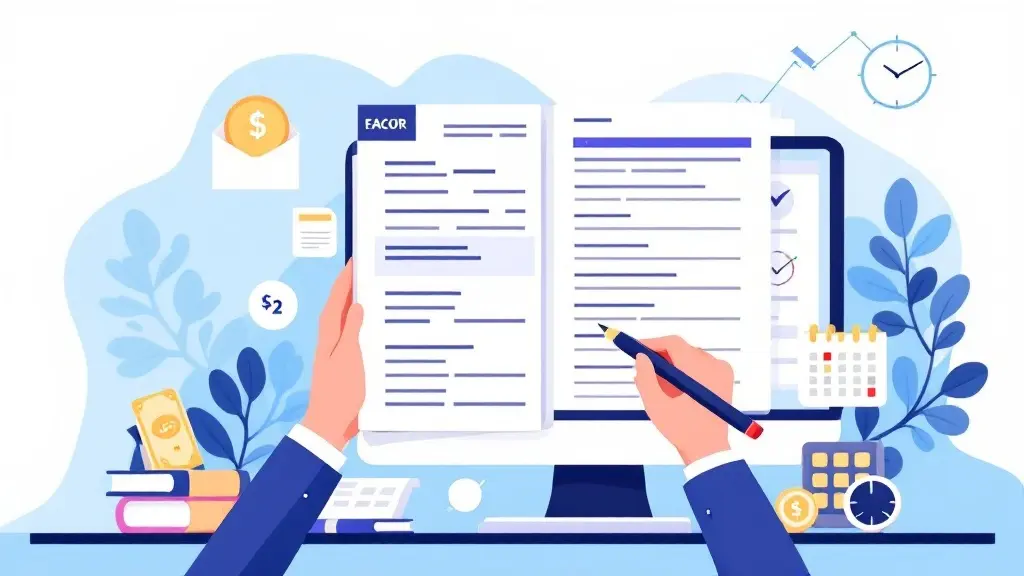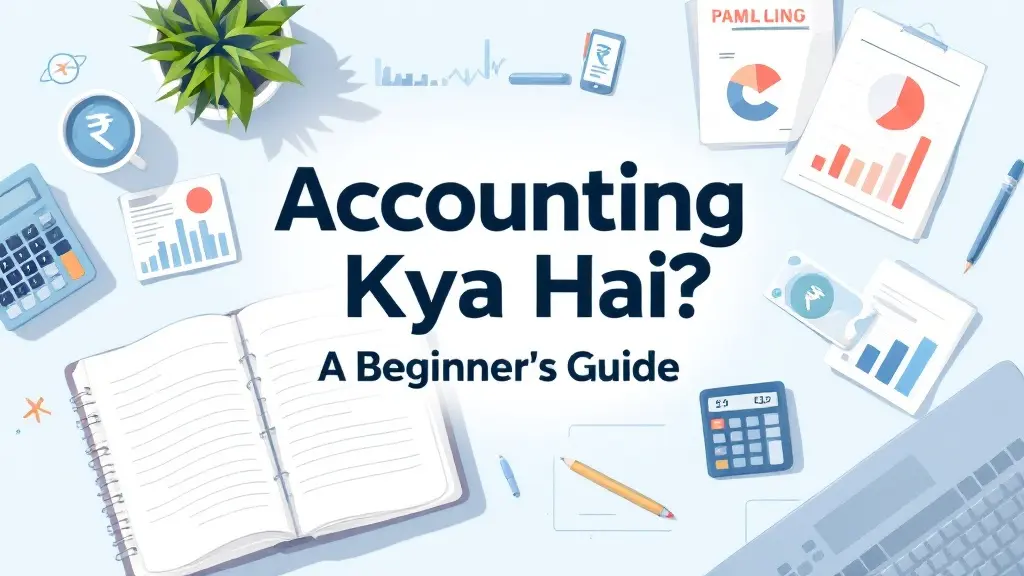CA First Year Subjects: A Comprehensive Guide to Your Path to Becoming a Chartered Accountant
Table of Contents
Most Read
[fusion_dropcap class="fusion-content-tb-dropcap"]T[/fusion_dropcap]he journey to becoming a Chartered Accountant (CA) is challenging yet highly rewarding. As one of the most prestigious professions, CA offers a wide array of opportunities in accounting, taxation, and finance. If you’re starting your CA journey, understanding the subjects in the first year is essential to navigating this professional course successfully.
In this article, we will explore the various CA first-year subjects, break down their significance, and provide useful tips to ace them. Whether you’re preparing for the Foundation or Intermediate level, understanding each subject’s core principles is key to your success.
What is the CA Course?
Before diving into the subjects, let’s take a quick look at what the CA course entails. Chartered Accountancy is a three-level course, with each level building on the concepts from the previous one. The stages are:
- CA Foundation – The entry-level exam.
- CA Intermediate – The second level of the course.
- CA Final – The ultimate test before becoming a qualified CA.
The first year generally corresponds to the CA Foundation exam, which is the gateway to the profession. Once you clear the Foundation, you move on to the Intermediate and finally, the Final level.
CA First Year Subjects: An Overview
The CA Foundation syllabus includes four primary subjects. These subjects lay the groundwork for more advanced topics in subsequent years. Here’s an overview of the subjects you’ll encounter in your first year of CA:
1. Principles and Practice of Accounting (PPA)
Accounting is the backbone of any finance-related profession, and for a budding CA, mastering this subject in the first year is crucial. In the Principles and Practice of Accounting paper, students are introduced to the fundamental concepts of accounting. This includes:
- Journal Entries and Ledger Accounts
- Trial Balance
- Final Accounts (Profit & Loss Account, Balance Sheet)
- Bank Reconciliation Statement
- Depreciation and Reserves
It’s essential to understand the basic concepts like double-entry bookkeeping and accounting standards. The better you grasp these foundational principles, the easier it will be to handle complex accounting topics in the later stages of the CA course.
2. Business Laws and Business Correspondence and Reporting (BLBCR)
This subject is a combination of law and communication skills. As a Chartered Accountant, you need a strong grasp of business laws and the ability to communicate effectively. The two primary areas in this subject are:
- Business Laws: This covers the Indian Contract Act, Sale of Goods Act, and Partnership Act. You will also delve into the legal aspects of company law and negotiable instruments.
- Business Correspondence and Reporting: This part focuses on writing formal letters, reports, and communication in a business context. It will help you develop professional writing skills, which are essential in the business world.
The key to excelling in this subject is to stay updated on the latest laws and regulations while practicing your writing regularly.
3. Business Mathematics, Logical Reasoning, and Statistics (BMLR)
As a CA, analytical skills are crucial, and this subject is designed to enhance your quantitative and reasoning abilities. It covers:
- Business Mathematics: Topics like percentages, profit and loss, simple and compound interest, and time-value of money.
- Logical Reasoning: This section tests your ability to solve problems through reasoning and critical thinking. Topics like seating arrangement, blood relations, and puzzles fall under this category.
- Statistics: You will learn about basic statistical concepts like mean, median, mode, probability, and correlation.
Having a strong foundation in this subject will be beneficial for solving practical business problems in future stages of your CA journey.
4. Business Economics and Business and Commercial Knowledge (BEBCK)
The world of business operates in a dynamic economic environment. This subject covers two major components:
- Business Economics: You will explore microeconomics, the theory of demand and supply, production costs, market structure, and pricing strategies.
- Business and Commercial Knowledge: This section introduces you to various aspects of business, including global business environments, government policies, and economic systems.
A deep understanding of economics is essential for analyzing market conditions, business trends, and making informed decisions in the business world.
How to Approach the CA First Year Subjects
Mastering these subjects requires dedication, smart study techniques, and consistency. Here are some tips for approaching your CA first-year subjects:
1. Create a Structured Study Plan
The CA course is vast, so it’s important to organize your study schedule. Break down the syllabus into smaller, manageable chunks and allocate time for each topic. Stick to your plan, but also leave room for revisions and mock tests.
2. Focus on Conceptual Clarity
For all subjects, focus on understanding the underlying concepts rather than memorizing facts. This will help you build a strong foundation for more advanced topics in the subsequent levels of the CA course.
3. Use Recommended Study Materials
The Institute of Chartered Accountants of India (ICAI) provides study materials and reference books. Make sure to follow the prescribed books and materials to ensure you’re studying the correct content.
4. Take Regular Mock Tests
Mock tests are an excellent way to assess your preparation. They also help you get accustomed to the exam format and time constraints. Try to simulate exam conditions to improve your time management skills.
5. Stay Updated with Business Laws and Economics
Since business laws and economics are subject to change, keep yourself updated with the latest developments, amendments, and notifications. Reading newspapers, financial magazines, and ICAI updates will help you stay on top of current affairs.
6. Practice Problem Solving and Case Studies
The key to acing subjects like Accounting, Business Mathematics, and Economics is practice. The more you solve problems and case studies, the more confident you’ll become in tackling complex questions.
Common Challenges Faced by CA First-Year Students
The first year of the CA course can be overwhelming due to its rigorous syllabus and the level of competition. Here are some common challenges faced by students and tips on how to overcome them:
1. Difficulty in Understanding Complex Topics
- Solution: Break down complex topics into smaller sub-topics and understand the fundamental principles before moving on to advanced concepts. Seek help from teachers or peers if needed.
2. Time Management Issues
- Solution: Plan your study time effectively by setting daily, weekly, and monthly goals. Prioritize subjects based on difficulty and your proficiency in them.
3. Stress and Pressure
- Solution: Take regular breaks, indulge in stress-relieving activities like yoga or meditation, and maintain a balanced lifestyle. A calm and focused mind performs better.
Final Thoughts: Starting Your CA Journey with Confidence
The first year of the CA course lays the foundation for your future success. By understanding the core subjects, creating a solid study plan, and maintaining consistency, you can easily overcome challenges and excel in your exams.
While the journey to becoming a Chartered Accountant is long and filled with hurdles, it’s important to stay focused and motivated. Keep in mind that each step you take in your CA journey brings you closer to your goal. So, dive into your first year with a positive attitude, and remember that persistence and hard work will always pay off.
Good luck with your CA journey! Keep learning, keep growing, and keep striving for excellence.
Visit Our Website : Accounting24.in









